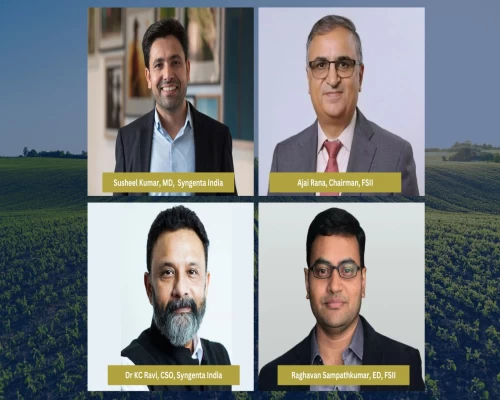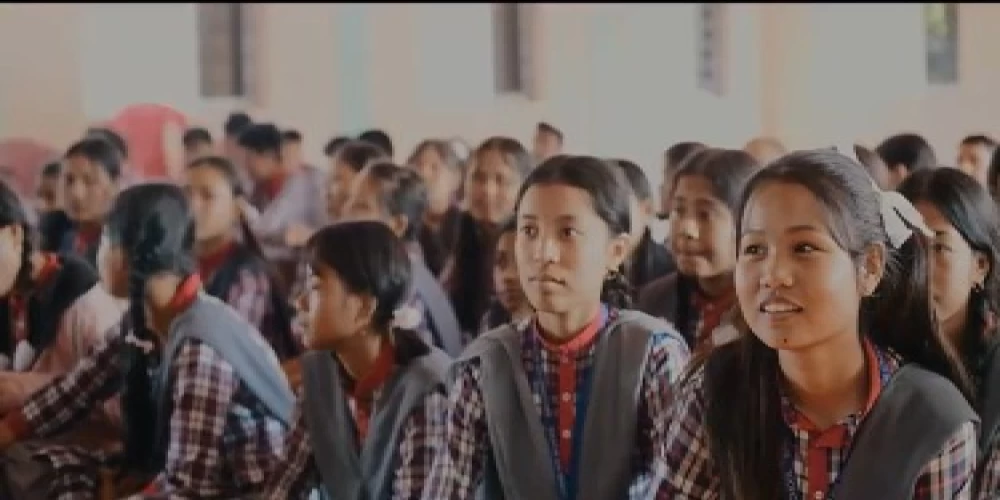
New Delhi: 1. Far in South Tripura district at Baikhora Higher Secondary School in Class 6, a girl student had been absent for two months. The curious absence of the bright student raised suspicion among her other friends. When the matter came to light to Balika Manch, its members visited her house to find that poverty was detrimental to her education. The Manch chipped in to provide all assistance, including a bicycle and school dress.
2. In remote Manubankul Higher Secondary School, a girl student studying in class 6, eloped with a man whom she befriended online. After staying with him for a few days, she realised that he was already married. Rescued by a local person, she returned home to fall into bouts of depression. Balika Manch, with the help of District Education Officer and a community leader, strived hard to bring her back to the school.
These are some of the incredible interventions of Balika Manch, a platform formed by South Tripura district administration, that works for and by the students. Project Balika Manch in the district is serving as a model for proactive and community-driven efforts to address child marriage issue and promote girls' education. The peer reporting approach, formation of Girls’ Club and collaborations with relevant stakeholders provide a solid foundation for bringing meaningful change in the lives of girl children, their families and communities.
District Magistrate, South Tripura district, Saju A Vaheed, IAS, in an exclusive interview to Bureaucrats India said by involving girls directly and creating a safe and supportive space for them, the initiative has the potential to bring positive and lasting change in the district’s communities.
Under this project, a Girls’ Club has been formed in all schools of South Tripura district.
Notably, in 2020 a survey was carried out by the District Education Office to assess the figures of school-wise dropout of children during Covid-19 pandemic. After analysis of data, it was observed that most of the girl children discontinued education midway owing to marriage.
The population of Tripura, as per 2011 census, was 36.74 lakh. While the number of males was 1,874,376 that of females was 1,799,541. According to the latest survey, the sex ratio of the State is 960 for each 1000 male, which is below the national average of 940.
As the problem of child marriage grew, bringing with it other social malaise, a District Task Force inspired by ‘Beti Bachao Beti Padhao’ scheme of Prime Minister Narendra Modi, decided to constitute a Girls’ Club in schools under the guidance of District Magistrate and Collector to nip the problem in the bud.
The club named Balika Manch aimed to increase the participation of girl students and create awareness among them to prevent gender-based sex selective elimination, prevent child marriage and ensure continuation of education of girl child.
All the Government, Government-aided Secondary and Higher Secondary Schools were instructed to form Balika Manch with members like Chairperson (a woman teacher); Convenor (a girl student from class 9th or 10th); SMC member (one-woman representative) and a girl student from each class (class 7th to 12th).
The Manchs were advised to conduct activities like discussions, debates, rallies and meetings by involving parents.
Vaheed said to streamline the system and institutionalise the process various school and district-level activities are planned for the Balika Manch members regularly. “For instance, at school-level, the Manch has to conduct monthly meetings, awareness sessions and send a report to the District Education Officer giving details of the girl students who were absent for a month with the reasons,” he said. “This helps us to study the pattern of absence and the reasons behind it,” he added.
The literacy rate in Tripura has seen an upward trend and is 87.22 percent, as per latest population census. Of that, male literacy stands at 91.53 percent while female literacy is at 82.73 percent.
Vaheed said workshops are conducted with all Panchayat Pradhans, Panchayat Secretaries, Members of TRLM (SHG groups), members of Balika Manch, by the district administration to sensitize about the issue.
In case of an extended absence of a girl, the Balika Manch Committee escalates the matter to the District Task Force. “After this, the task force visits the student's house, engages in constructive conversation with the family. Through persuasive dialogue, it tells about the ill-effects of child marriage and persuades them to let continue the girl child’s education,” said the DM.
If the family still doesn't annul the child marriage, the information is shared in WhatsApp group that comprises DM, SDMs, SDPOs, teacher-incharge of Balika Manch, members from Child Line, DISE, Nodal officer from SDM office. “On receiving the information about the child marriage, the team consisting of police, civil administration and Childline representative rushes to the spot and again counsels them to cancel the marriage. They also take an affidavit signed from the parents for not getting the child married till she attains the age 18 years,” he said.
Vaheed said the Balika Manch is empowering girl students by instilling confidence among them to tackle the challenge. The members of Balika Manch conduct awareness programmes to encourage parents to let their girls pursue higher education.
Till now, 150 girl students have been saved from child marriage and have been readmitted to various schools. “It is incredibly gratifying to see so many lives saved. The Balika Manch stands as a shining example of effective engagement, harnessing the collaborative efforts of all stakeholders, to combat the menace of child marriage,” he remarked. /BI


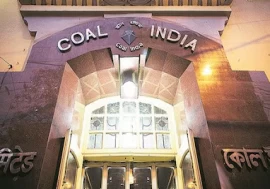

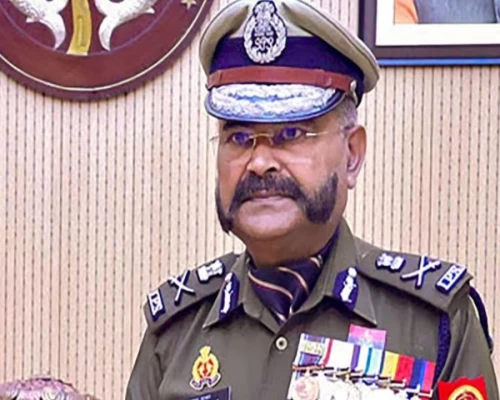
 (14)_500_x_400.webp)
 (4) (1)_500_x_400.webp)
 (2) (1)_500_x_400.webp)
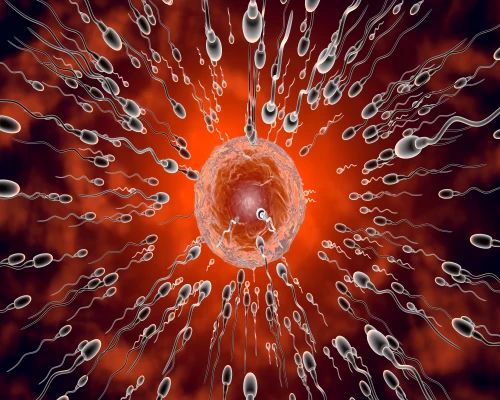
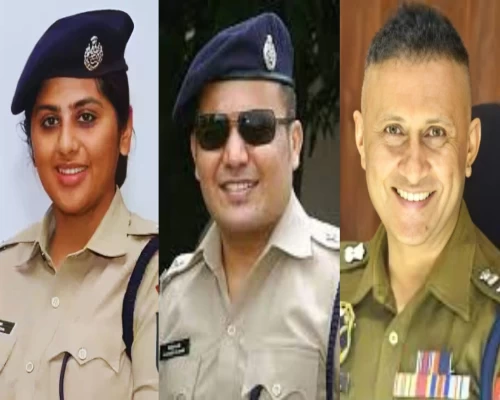
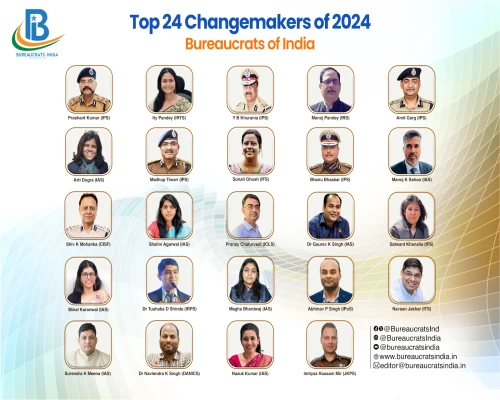
_500_x_400.webp)
